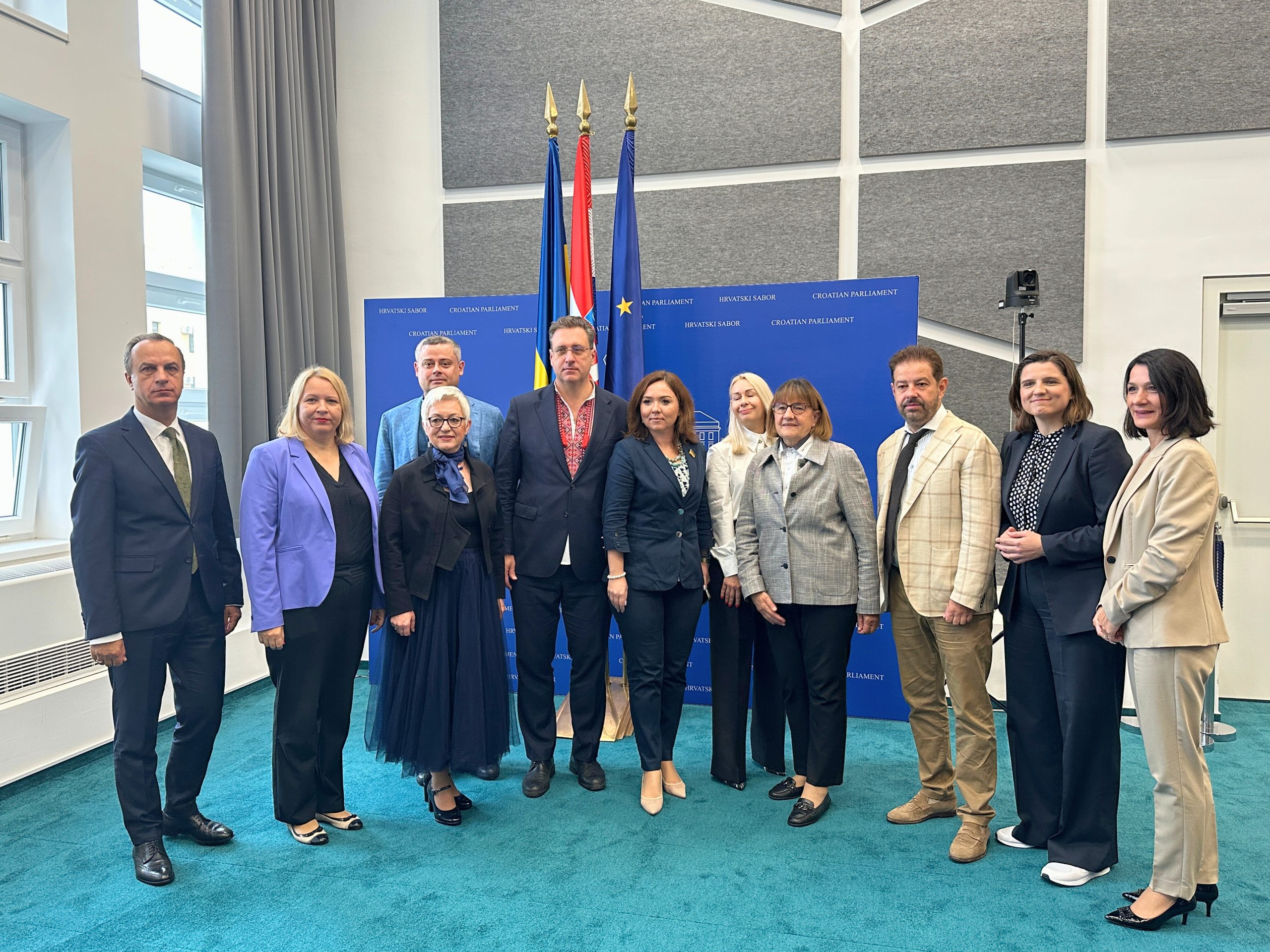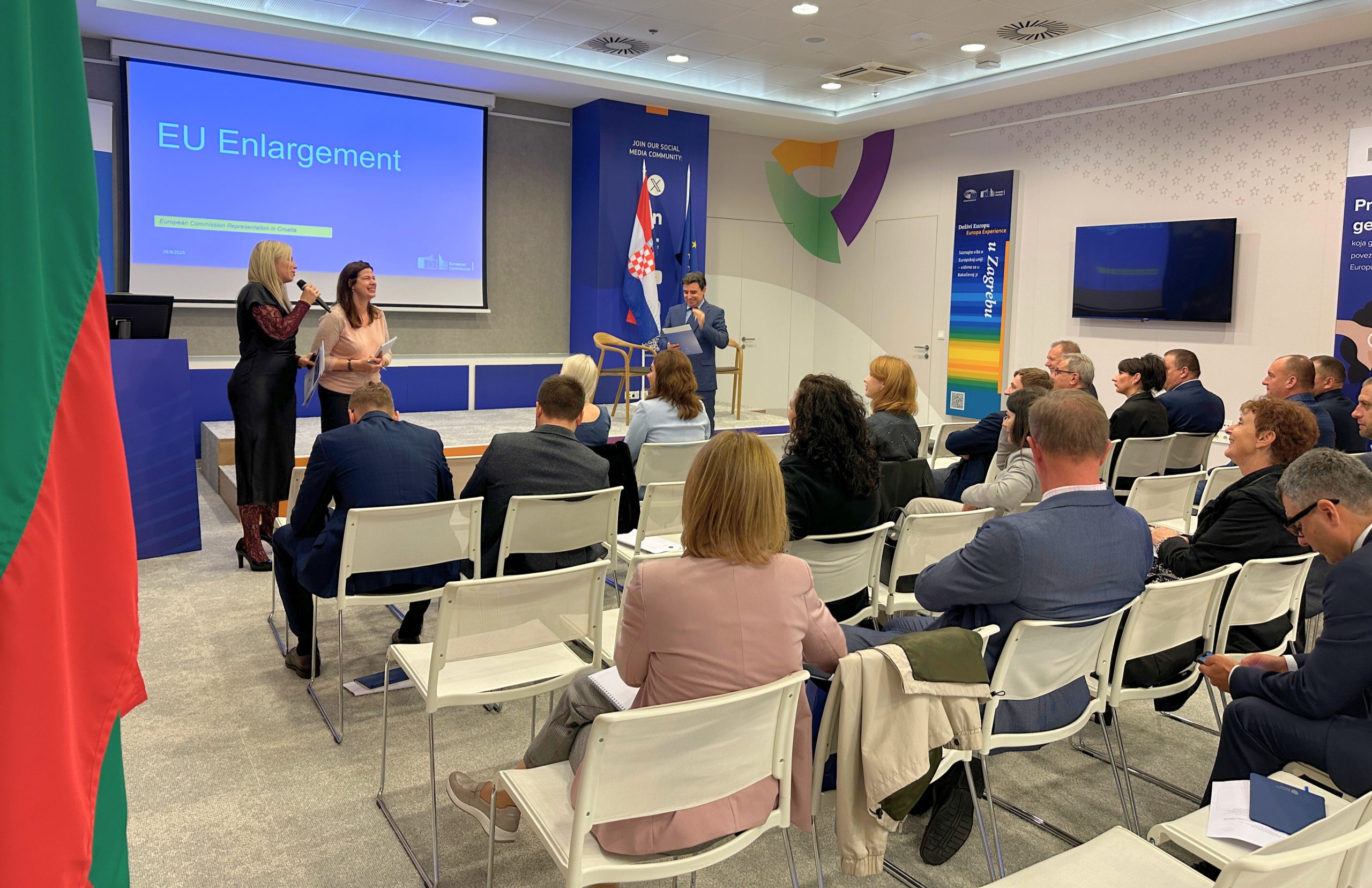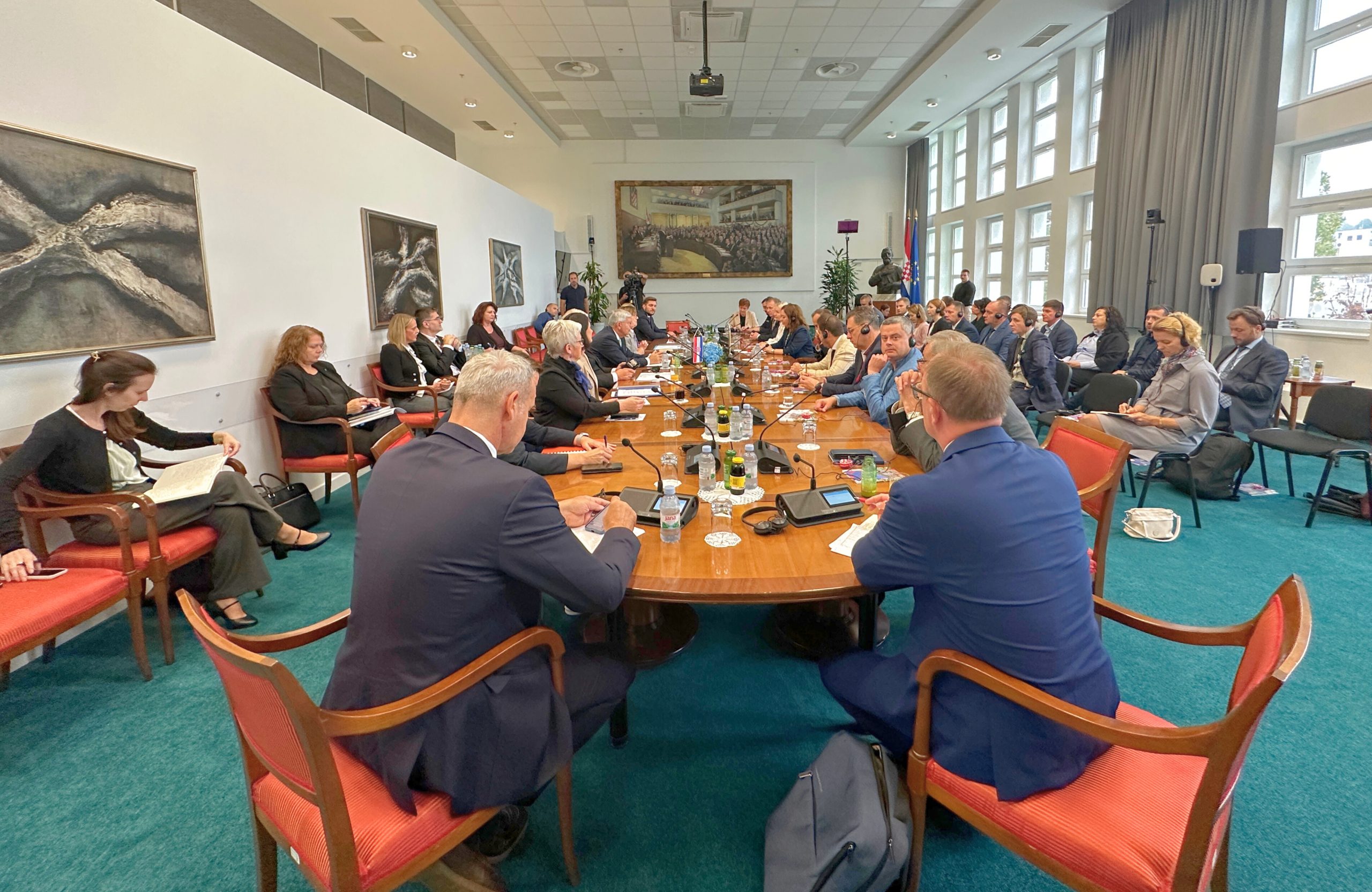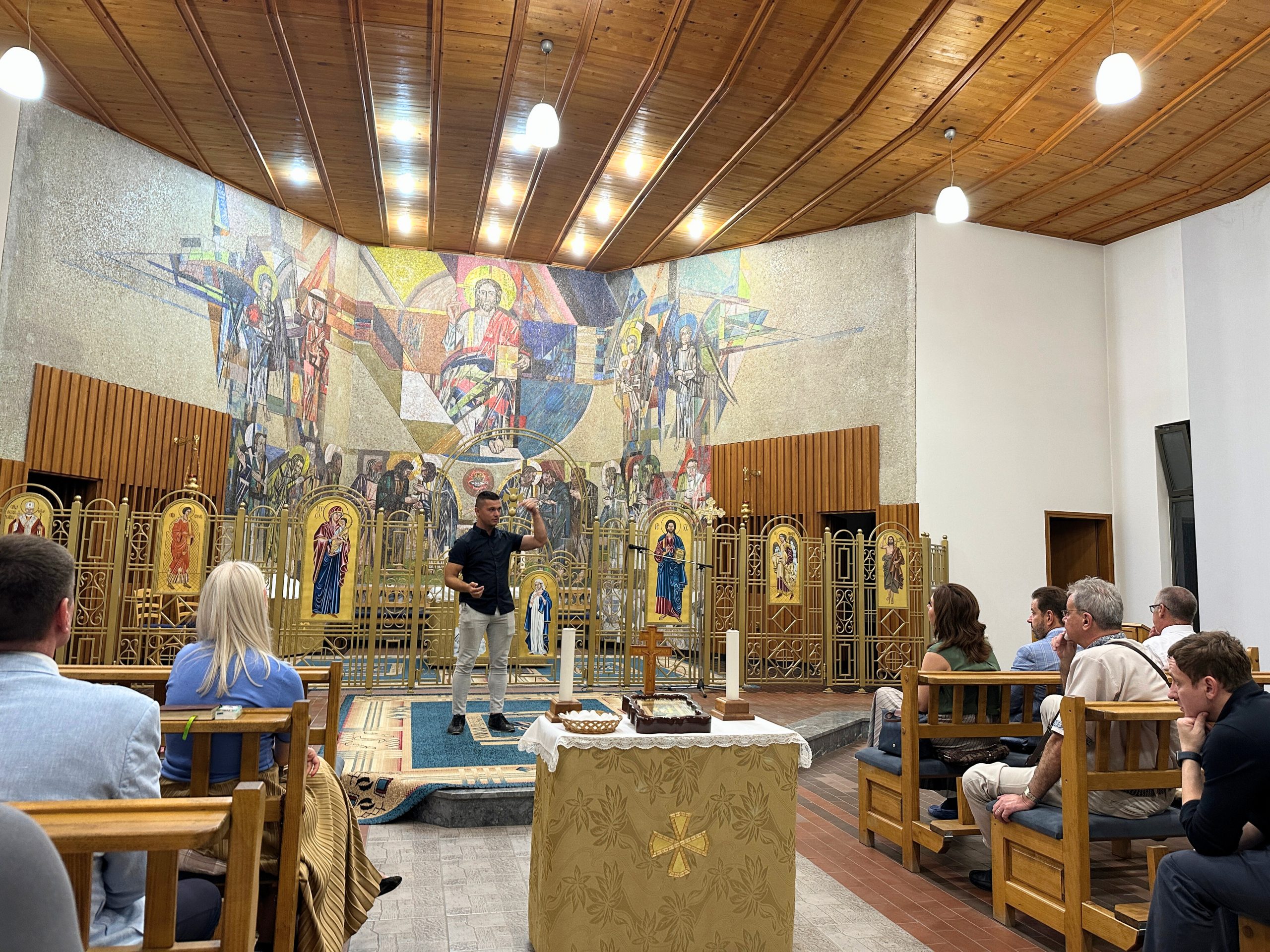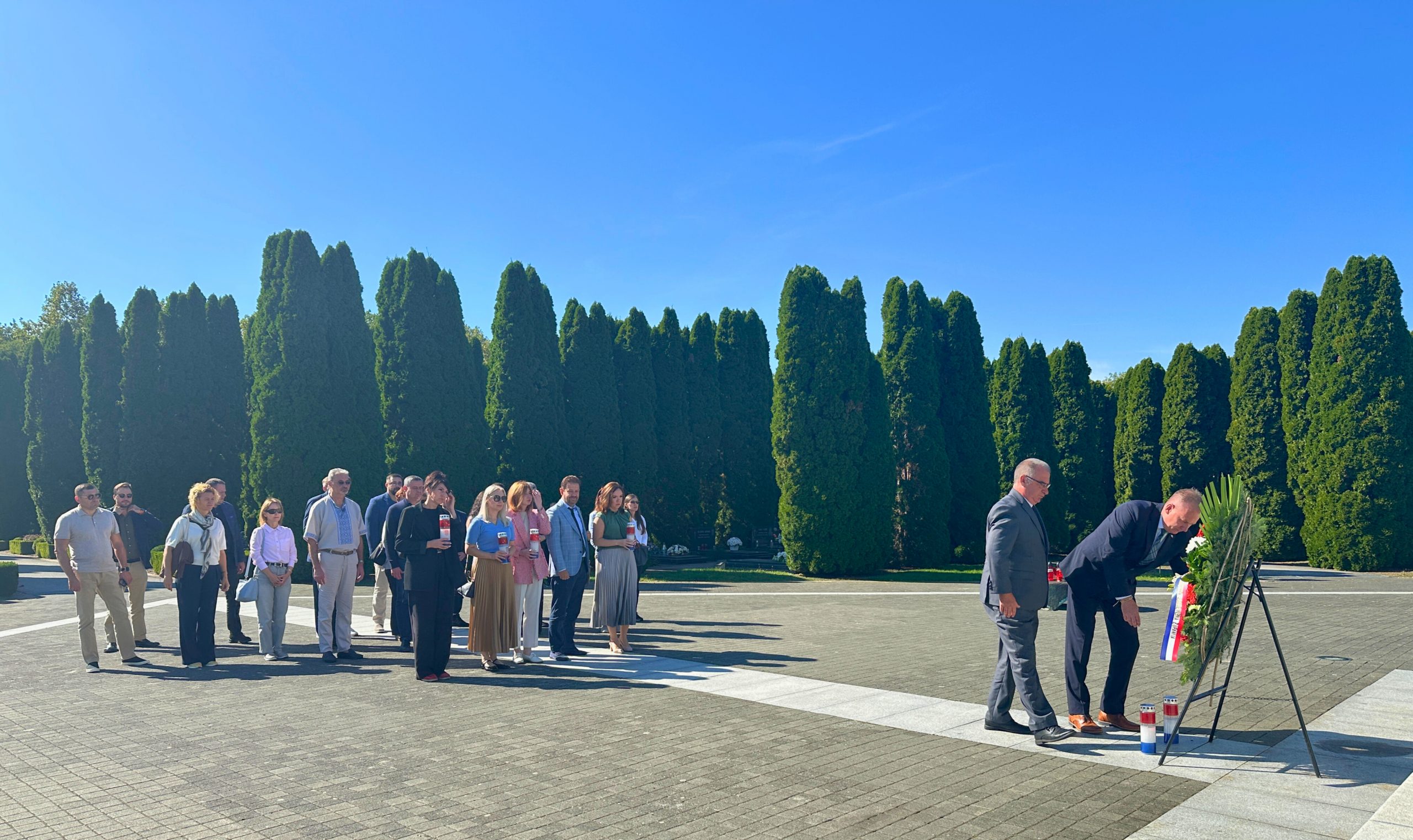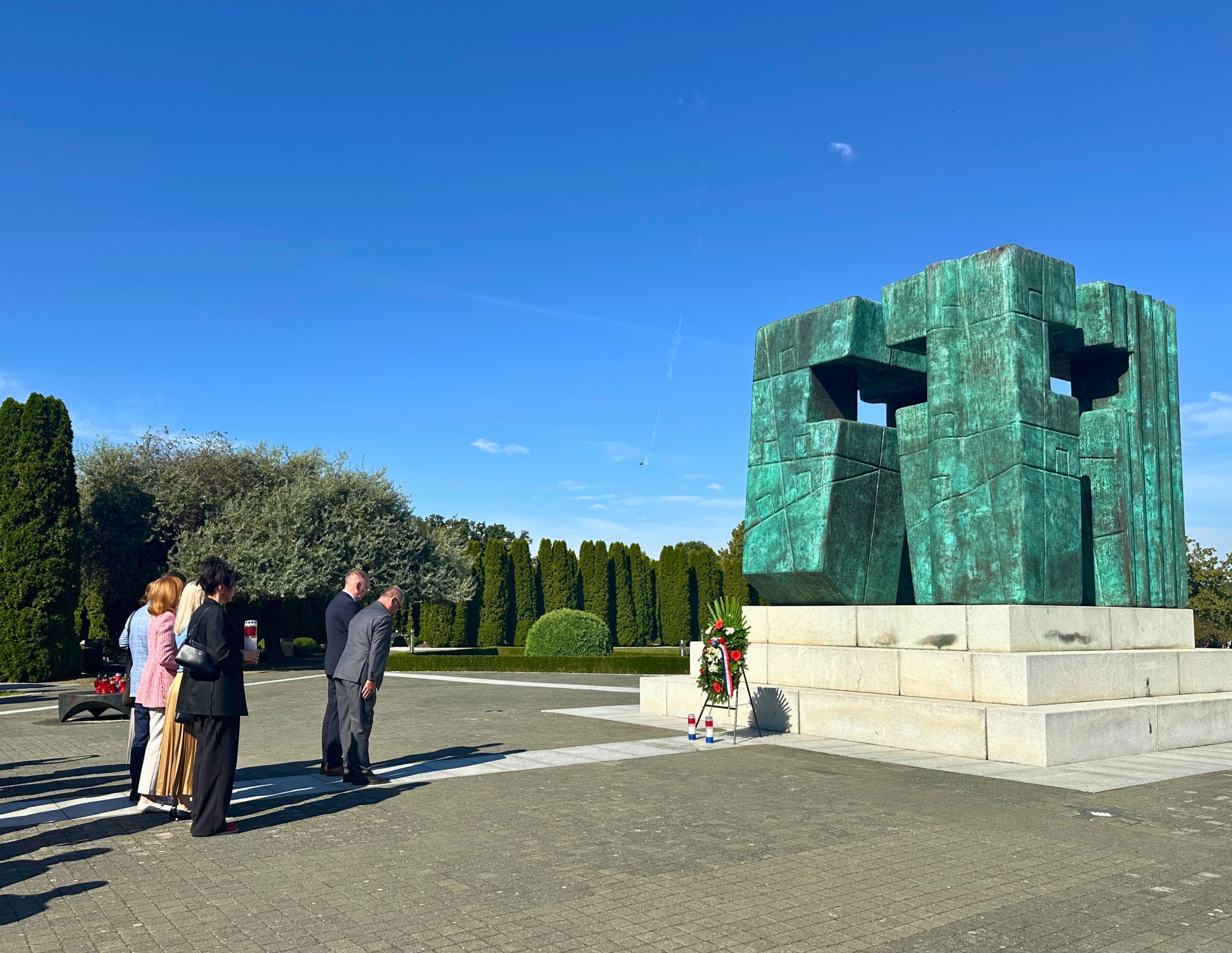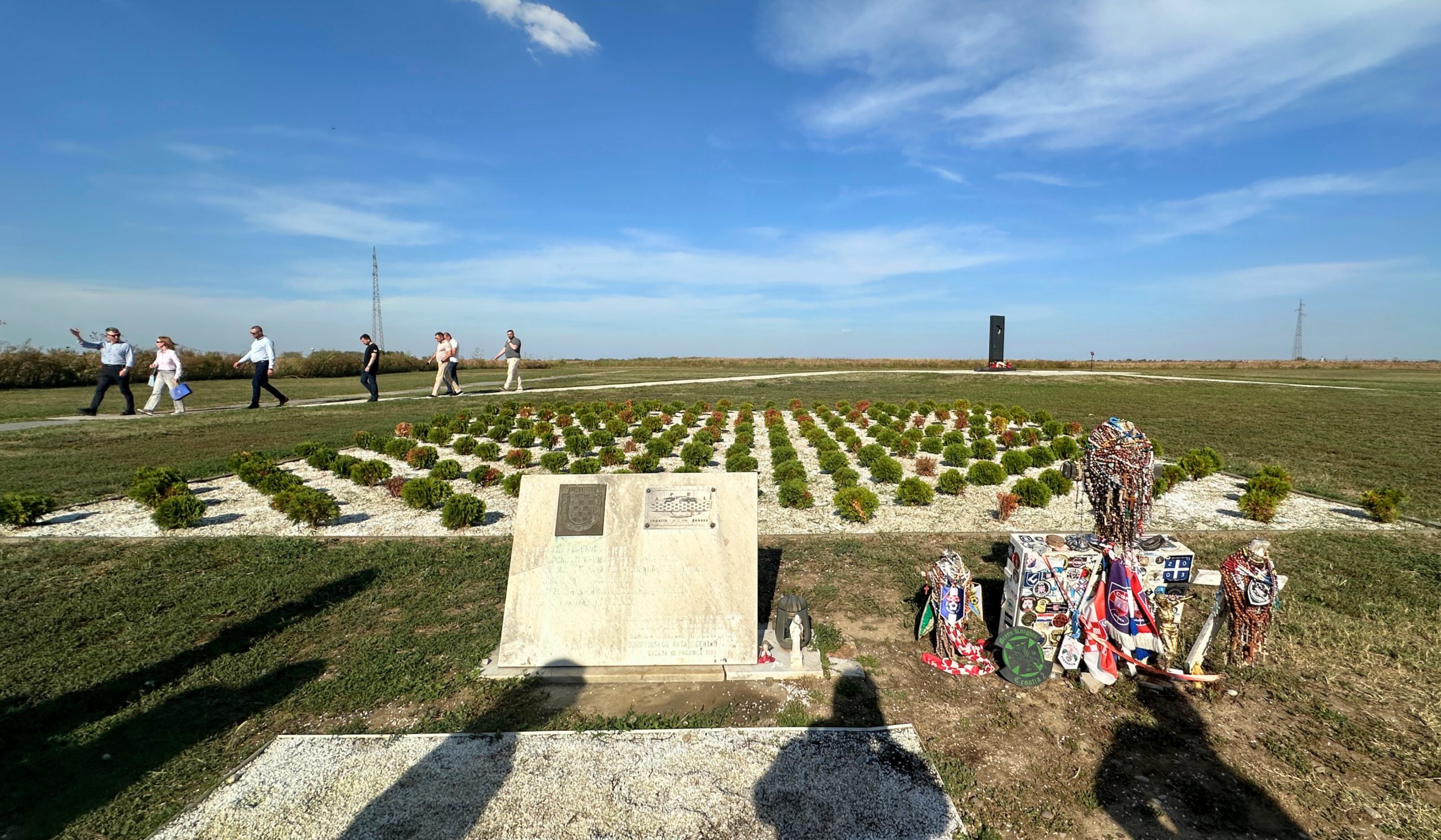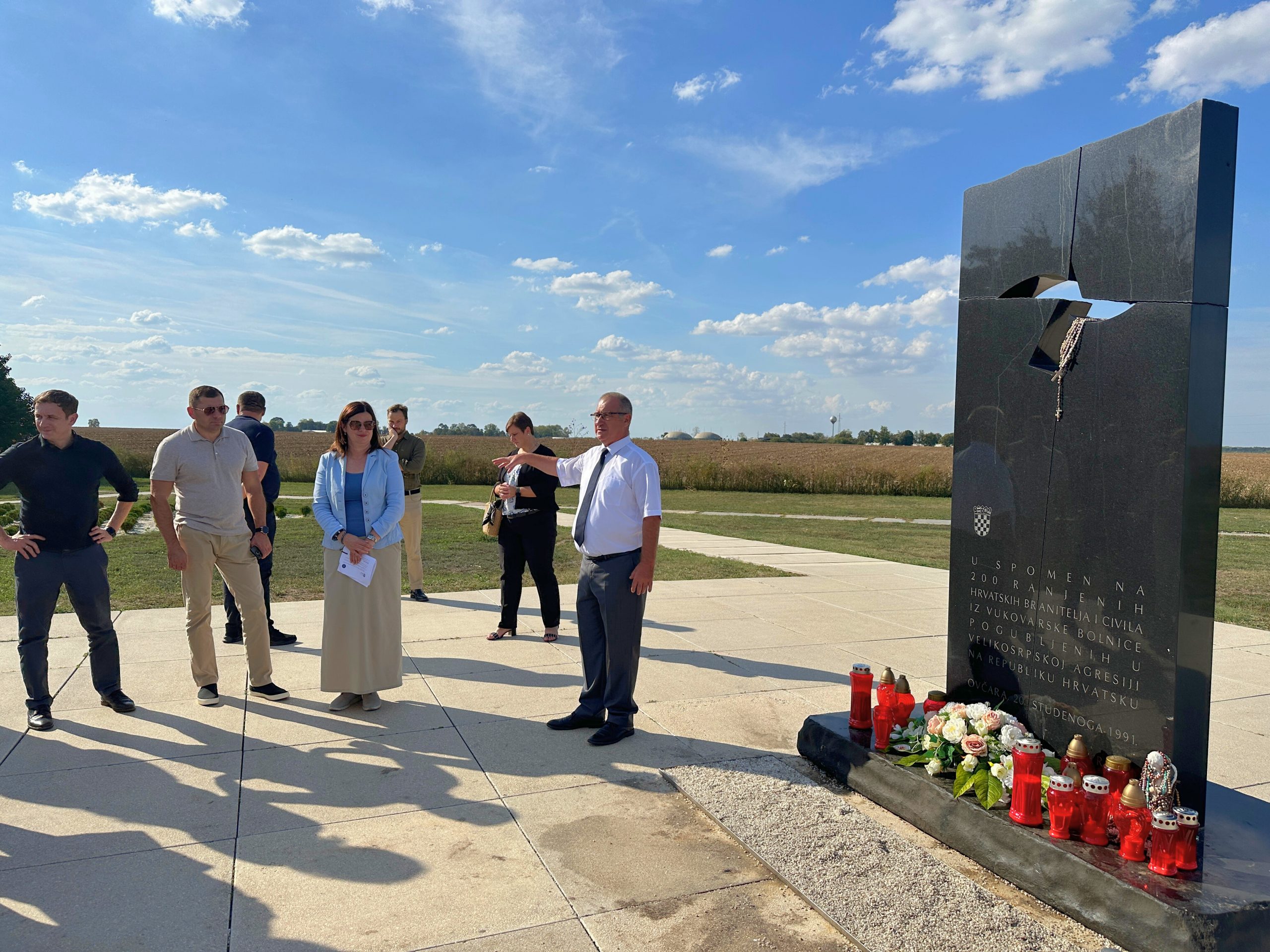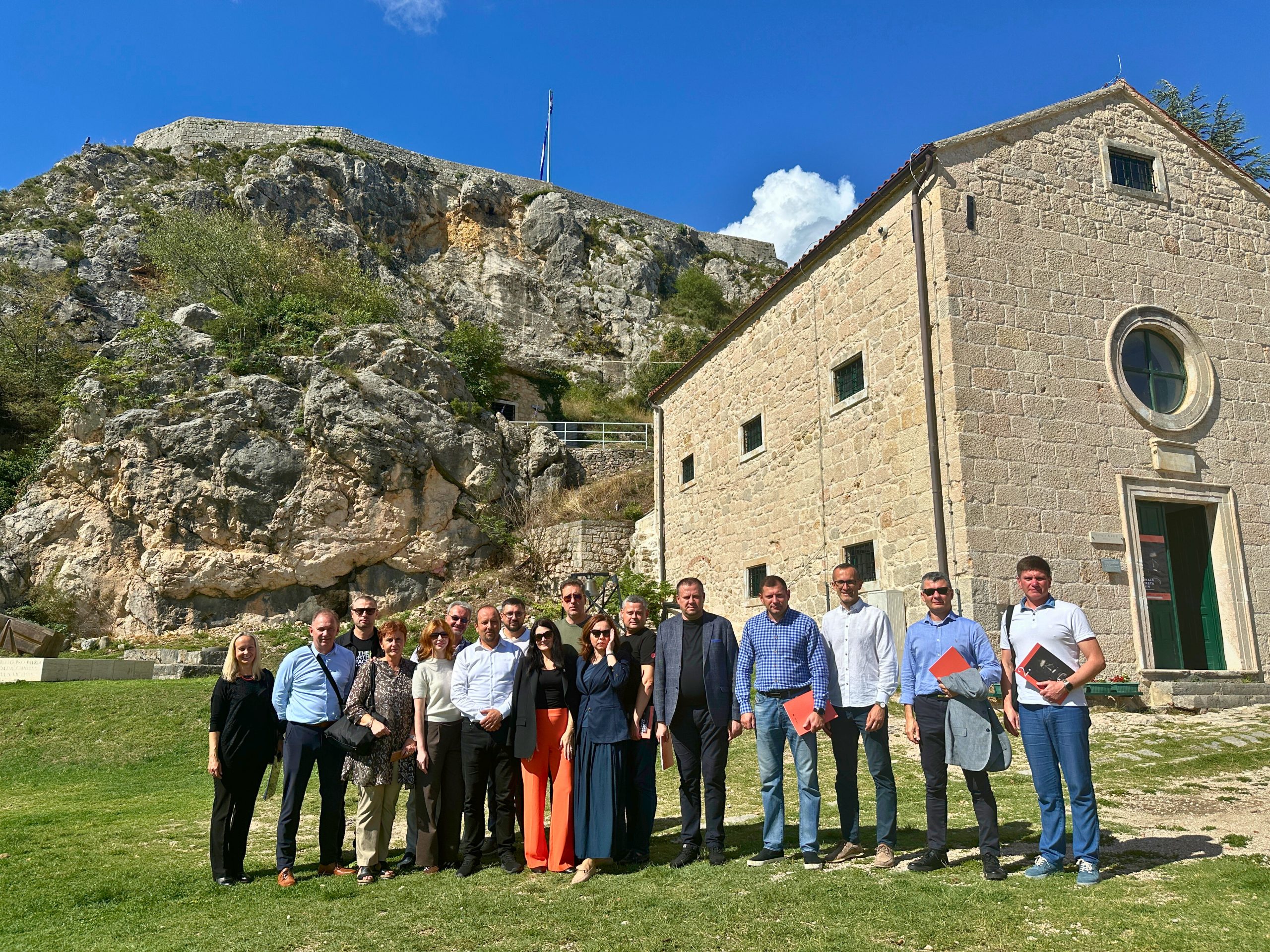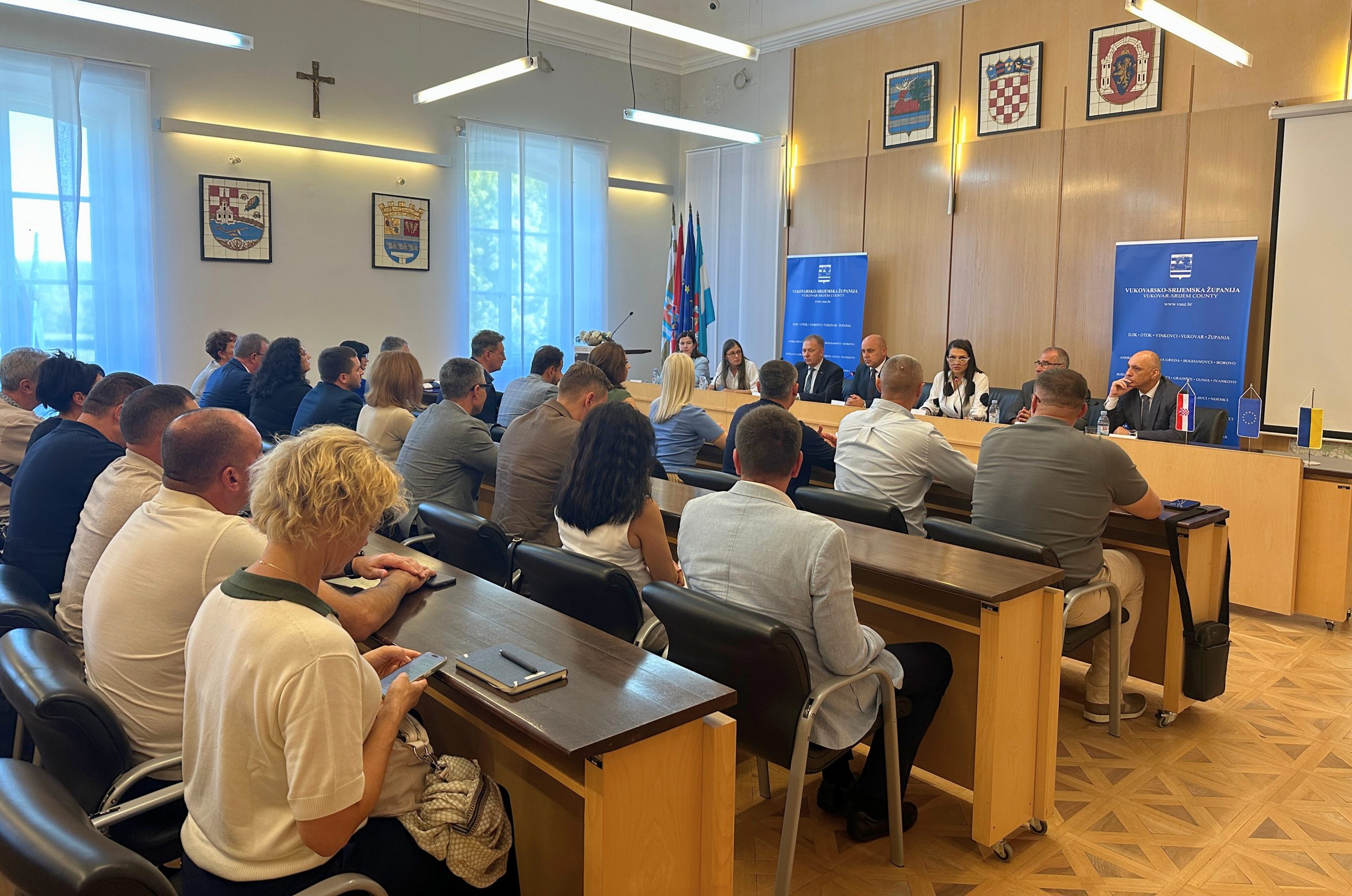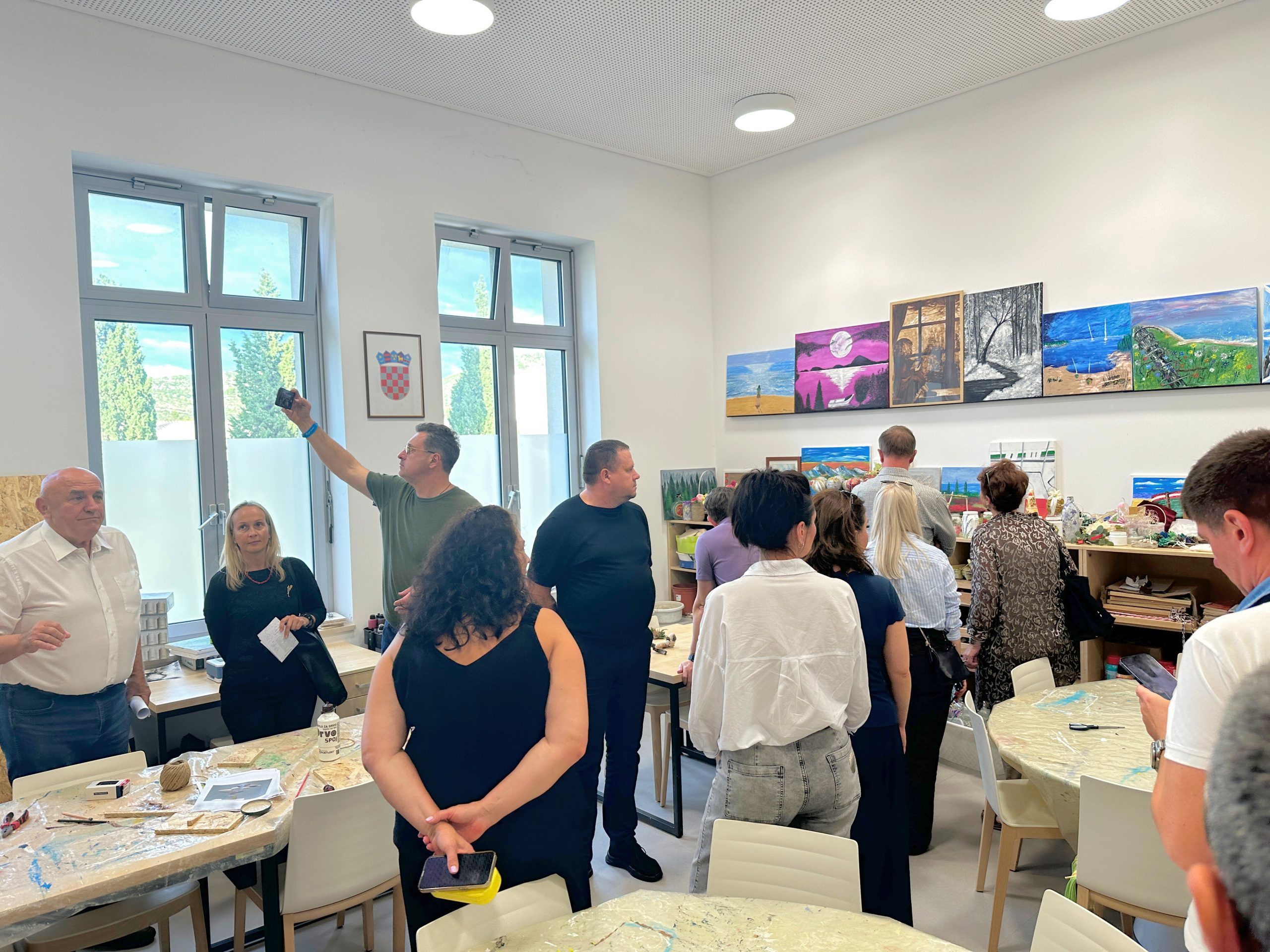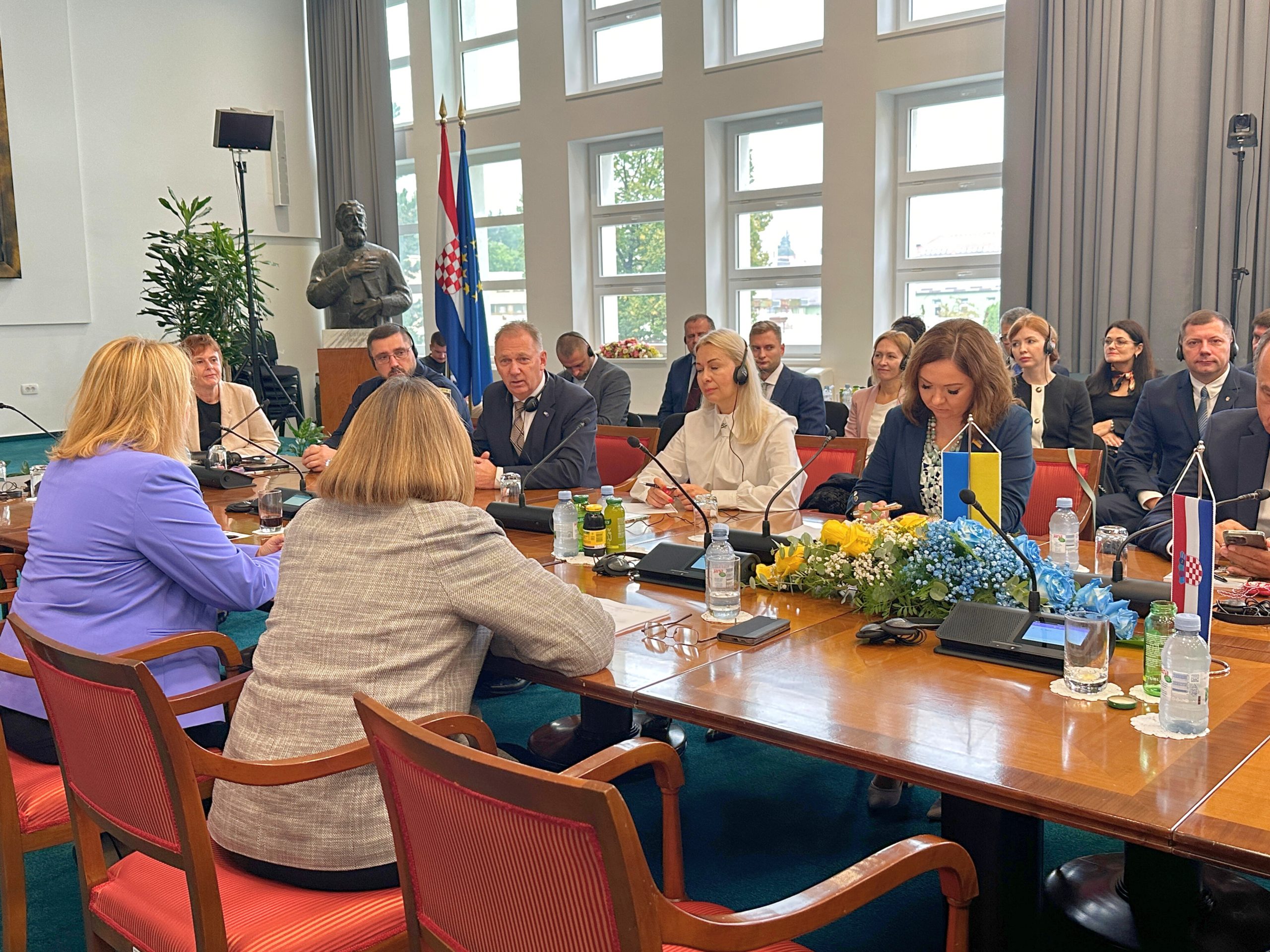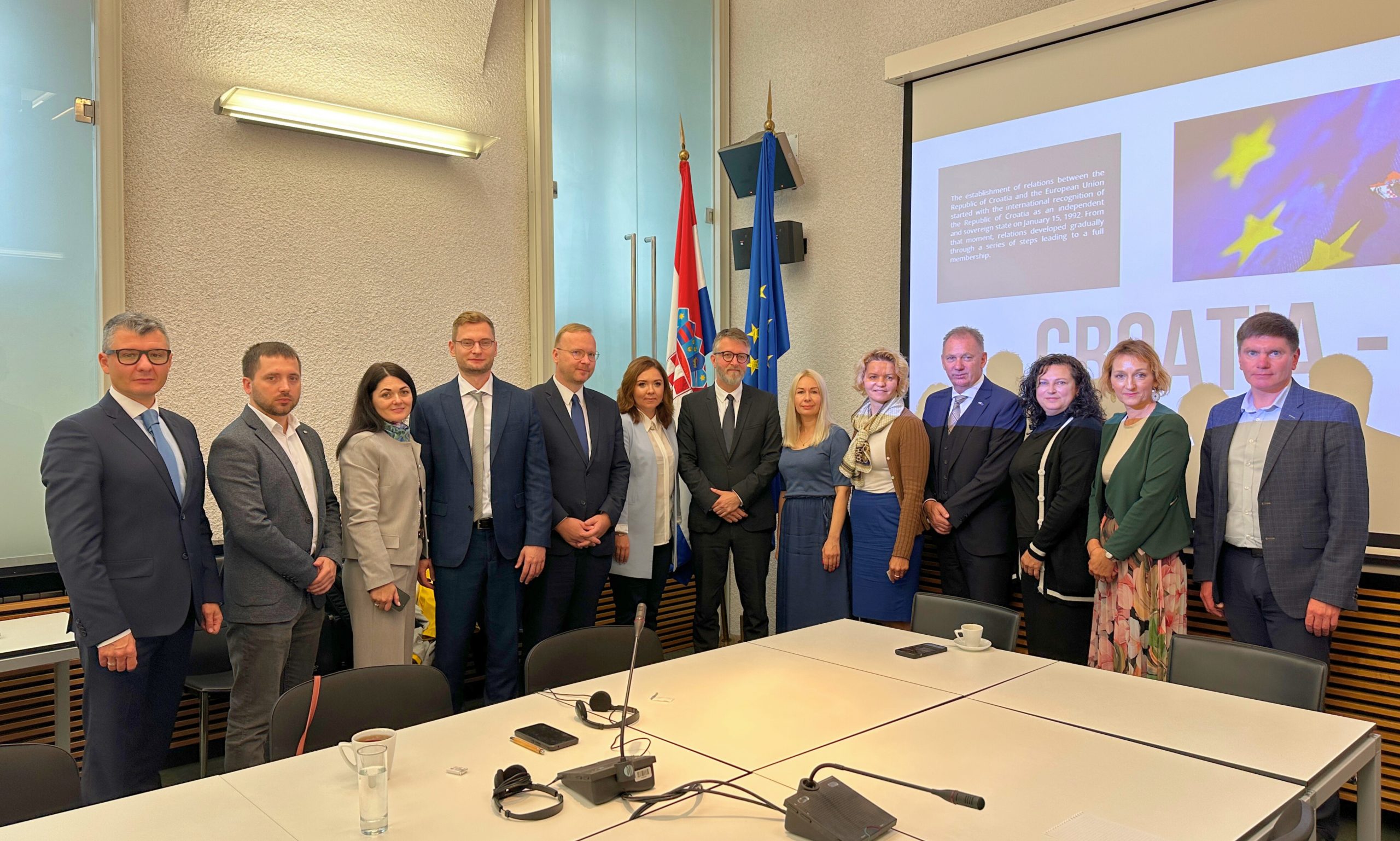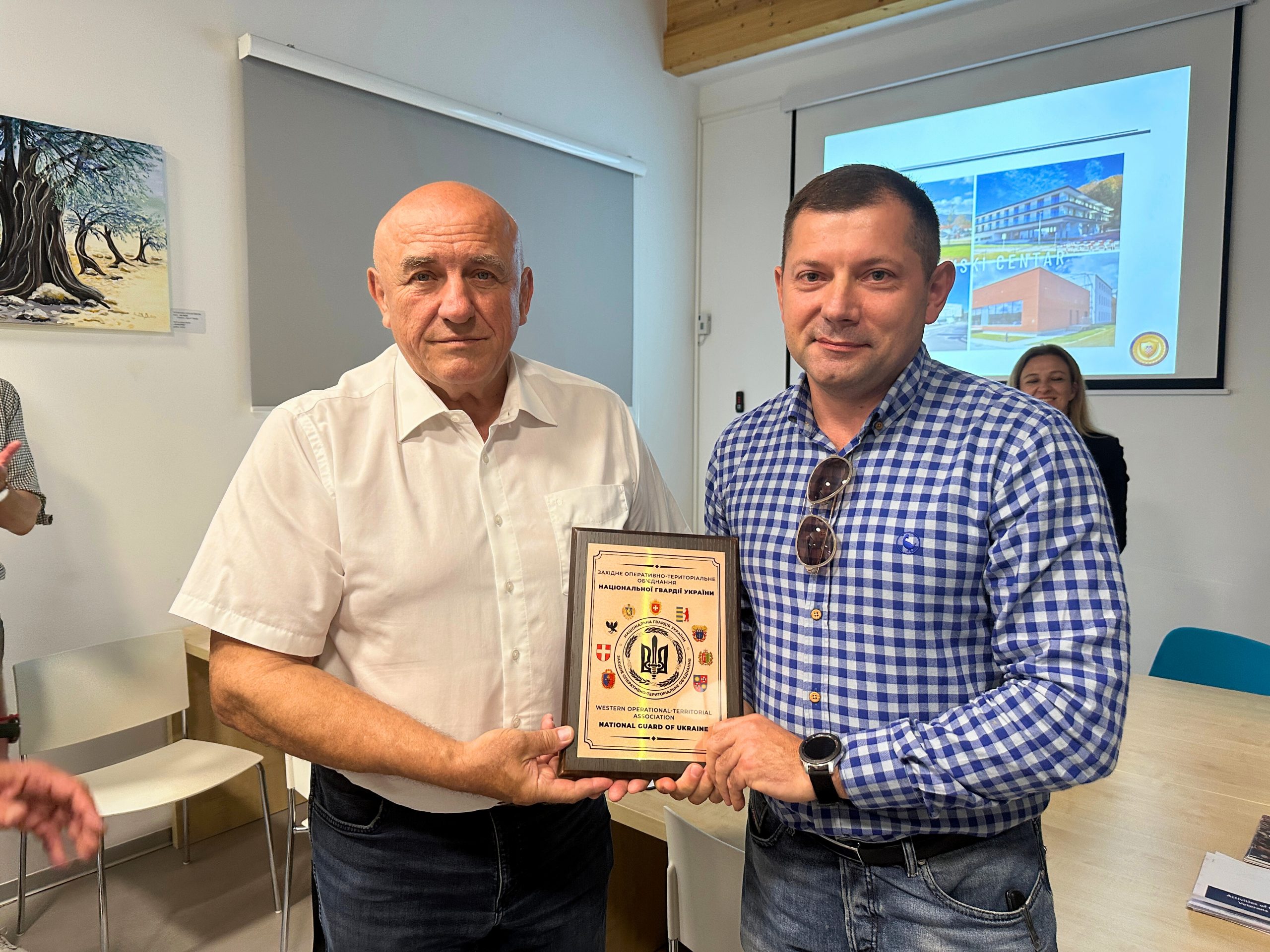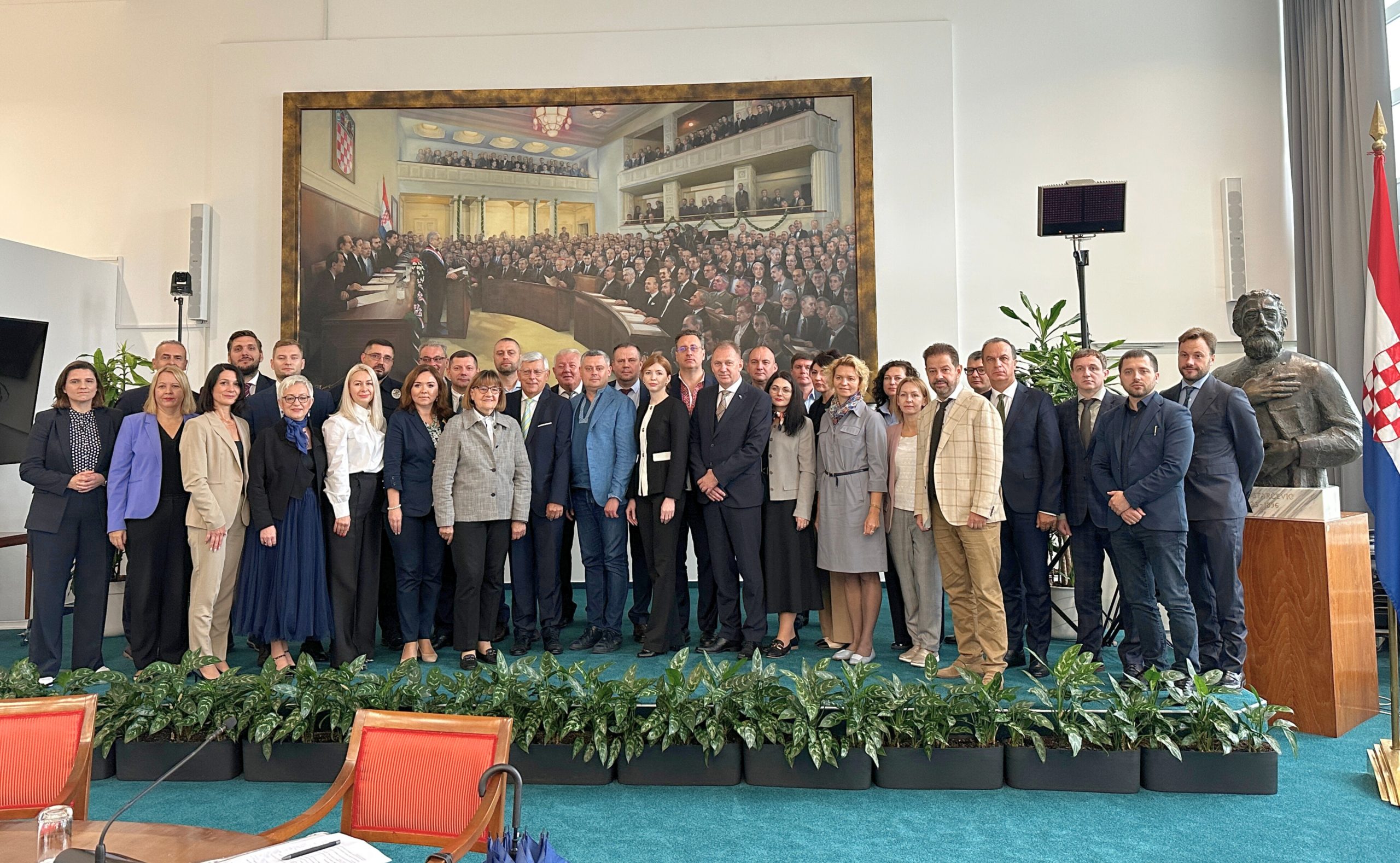Reintegration and National Cohesion: Ukrainian Delegation Studies Croatia’s Post-War Experience
October 15, 2025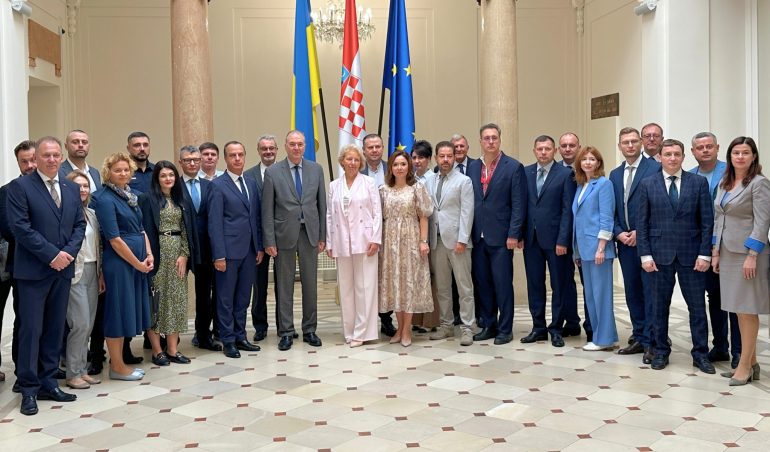
How can a country rebuild after war while moving closer to European Union integration? The answers lie in comprehensive reintegration strategies — combining justice, reconciliation, governance reforms, and support for affected communities. Ukraine today faces these pressing challenges, and the experience of Croatia offers valuable lessons.
To support this effort, the European Union Advisory Mission (EUAM) Ukraine, facilitated a study visit to Croatia from 22 to 26 September 2025 for 20 Ukrainian officials tasked with reintegration, peacebuilding, and reforms implementation. The programme focused on understanding Croatia’s approach to post-war recovery, peaceful reintegration, and reforms on the way to EU accession EU accession, with an emphasis on how these lessons can guide Ukraine’s own path.
The Ukrainian delegation to Croatia consisted of 20 participants. They represented the Verkhovna Rada of Ukraine, the Office of the President of Ukraine, Law Enforcement & EU integration Committees), Office of the President of Ukraine, Ministry for Communities and Territories Development, Ministry of Internal Affairs, NPU, NGU, Ministry of Justice, Ministry of Foreign Affairs and Office of the Prosecutor General. Over the course of the visit, the Ukrainian delegation engaged with representatives of Croatia’s key state institutions, including the Ministry of Foreign and European Affairs, Ministry of Internal Affairs, Ministry of Justice, Public Administration and Digital Transformation, Croatian Parliament, State Attorney’s Office, and regional and local authorities. Discussions covered a wide range of topics central to reintegration, such as the investigation and prosecution of war crimes, legislative solutions to support the return of displaced persons, reconstruction of war-damaged areas, veterans’ reintegration, and the role of parliament in advancing reforms and reconciliation.
Site visits to Vukovar, Knin, and Šibenik gave the delegation a deeper understanding of the human and social dimensions of reintegration. Exchanges with local authorities, and minority representatives highlighted the importance of inclusive approaches that address the needs of the affected communities. Visits to memorial sites underscored the lasting legacy of the Croatian Homeland War and the role of remembrance in building national cohesion.
Croatia’s experience with EU accession was also a central focus. Exchanges with Croatian ministries and the European Commission Representation in Zagreb provided practical insights into the reforms and negotiations that accompanied the accession process, particularly in the fields of justice, internal affairs, and fundamental rights.
The visit aimed not only at knowledge transfer but also at fostering cooperation. As a concrete outcome, the Ukrainian and Croatian counterparts, together with EUAM, identified priority areas for further collaboration and discussed the establishment of joint working groups to develop legislative proposals and practical solutions tailored to Ukraine’s context.
This visit has been invaluable for our Ukrainian counterparts in seeing how Croatia transformed post-conflict challenges into a foundation for unity and EU integration. Learning directly from Croatia’s experience in justice, reconciliation, and governance provides Ukraine with practical inspiration for shaping its own reintegration and reform journey. Said, Flemming Lau, Head of IBM and Law Enforcement Component.
By drawing on Croatia’s lessons learned, Ukraine can more effectively proceed to build its reintegration process that is sustainable, inclusive, and aligned with European standards. This study visit marks another step in strengthening Ukraine’s resilience, advancing reforms, and building sustainable peace on its path toward EU membership.


